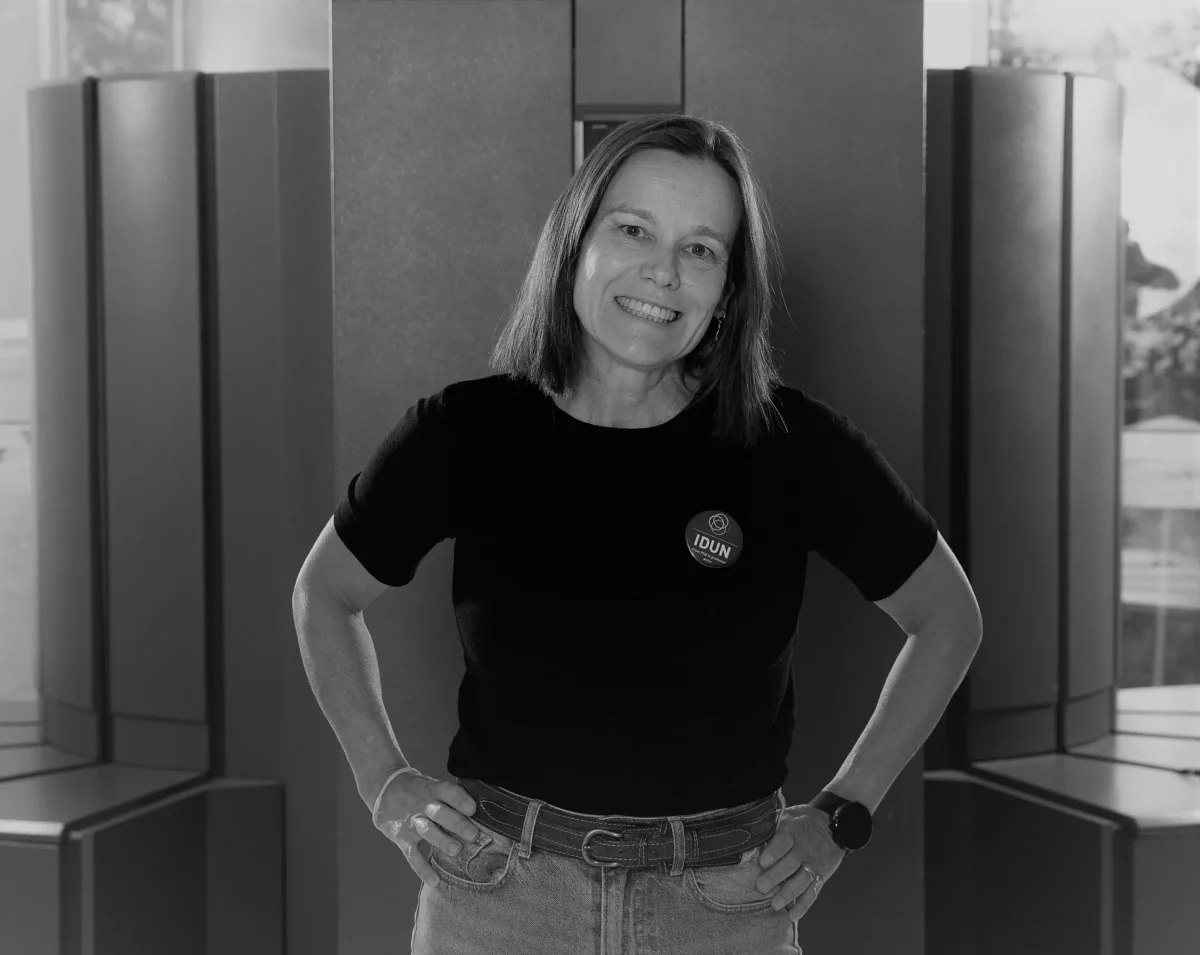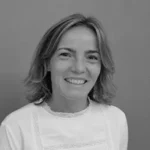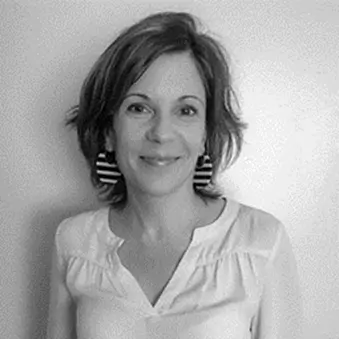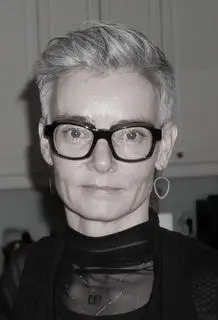Women in science: Prof. Maria Letizia Jaccheri
In honour of the International Day of Women and Girls in Science on February 11th, we will be sharing six interviews from COST Action researchers about their career experiences.
Women are still under-represented in research and innovation careers according to the European Commission’s She Figures 2021 report. Since 2003, the report monitors the level of progress towards gender equality in research and innovation in the European Union and beyond.
A significant gender gap persists at all levels of science, technology, engineering, and mathematics (STEM) disciplines despite the fact that women represent half of the world’s population.
To mark the International Day of Women and Girls in Science, COST interviewed women in key leadership positions within their COST Action network. What are their experiences, the challenges they have faced during their respective career? Why it matters to talk about women in science for the next generations. What message they would give to young women scientists in 2022
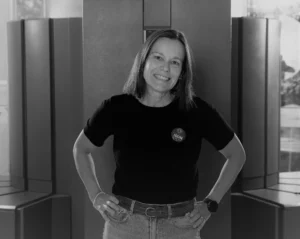
Prof. Maria Letizia JACCHERI. Chairs theEuropean Network For Gender Balance in Informatics
Prof Maria Letizia JACCHERI works at the Department of Computer Science, Norwegian University of Science and Technology.
My research interests are at the intersection between software engineering, child computer interaction, entertainment computing, and gender issues in computer science.
What made you choose to become a scientist and determine your discipline, field of research?
I think I choose computer science first. When I was 16, I learned to program a calculator, thanks to a mathematics teacher who only had very few hours with us since we were in a classic high school dominated by Latin, Greek, philosophy teaching.
“I also get to know that in Pisa, my own town the first Italian computer had been built and this created in me curiosity and interest for doing something new.”
Prof. Maria Letizia Jaccheri
I have always had a passion for teaching and disseminating knowledge. Afterwards I realized I was a scientist, as I had written papers, and I was almost to deliver a PhD thesis.
Do you have a role model that led you to become a scientist?
For sure my late professor Reidar Conradi, whom I met in Norway when I was exchange student in late 80’s. He was very interested in internationalization, attracting funds, employing excellent talents, mixing industry and teaching, working with people from other fields. And he was writing “++” on our papers to encourage us to write more and more deeply. However, I have several role models, my university has now a female rector and I have several female colleagues and friends whom I admire, and they inspire me each week.
Did you meet barriers during your career as a woman scientist?
I was very motivated to be an independent woman and travel the world that I did not reflect about the real life, about the fact that women (and human beings) get new challenges when they get children and in general during life. Even if I have been reading a lot of books by authors like Oriana Fallaci, Simone de Beauvoir, I was somehow very naïf and when I went to the hospital to give birth to my first child, my husband and I had not planned anything for the normal life of our new family. We did not even have a sofa where I could sit when breast feeding our baby. I continued to work even during the maternal leave (we have wonderful conditions in Norway for maternal leave and sharing between mother and father), but when my second child was born two years later, I had to take a real break. It was not easy either when my sons were teenagers, and I was leading a department with more than 200 employees and 3000 students. It happened I was up until 3 am to wait for them (I am still a worried Italian mother in my heart), and then I was reading emails and thinking about the projects and mixing everything up and I had tears in my eyes. Sleep privacy is often a barrier.
Why do you think we are still having to talk about women in science?
Because we have just started the journey. At my faculty, the first woman professor is just 20 years older than me. We named the IDUN project (https://www.ntnu.edu/idun) after her. My students are still surprised that I am a woman and a mother, that I have written many papers, that I have done all the things. I try to say that it is normal, I have done many things as I have worked many years. Women have still a lot of challenges.
What are the current challenges for women in science? What is the key to success in a career in science?
The current challenges for women depend very much on where you are born. I was born in the town, Pisa, where the first Italian computer was built. I live in Scandinavia and my husband has shared with me the maternity/paternity leaves and all the responsibilities for the family. My Italian girlfriends still say, “My husband helps me”. Some of my female students from specific countries have less independence in their family than I had 30 years ago when I was a student. Young girls in other countries still face the challenge of child marriage, a problem that we are in fact addressing in my research group. The key to success? In my case, if one considers me as successful, is to continue, to try to get inspiration from the subject you study (in my case computer science that is the most interesting source of change and innovation in the last 50 years) and the people you meet (students, colleagues, users of the systems we develop, industry actors).
What would be your predictions in your field of research?
Computer science, or you can call it informatics, information technology, IT, ICT, digitalization is everywhere. From one computer for one country as we had in Italy when I was born, now I (and most each of the people in the western world) have dozens of computers, from the ones on my desk, to those in my phone, smart watch, washing machine, cleaning robot, car. I do not have yet computers in my body, probably I will get some later. It is of paramount importance that we educate people about computer science, and we do research to bring to the surface knowledge of all the consequences, positive and negative ones, that IT will have on the life of the people and the planet. The companies will always have profit as a goal. As researchers we must act as independent advisors for a better world. This is a point I always discuss with my colleagues in software engineering, my motivation has never been in making the companies more successful rather to understand how to best serve the people in the society. Since I want to bring a positive message, my prediction is that the young female and male researchers will work for enhancing the state of the knowledge in computer science so that computer science will become more beneficial to the environment and to the people.
What message would you give to young women scientists?
I tell the young women, non-binary people, and also young men that I talk with that they have to listen carefully, study with attention, but then they have to follow their heart and do what they believe it right. When of my young PhD students says that she wants to use computer science to help children who have been critically ill. I tell her each week, that her idea is beautiful and that I hope she will succeed. Moreover, I always give young scientists new papers to read, I try to read their papers, and I write “++” on the papers of the people I supervise, as my professor was doing with me.
“I think we should laugh more, in life and in science, even if we are scientists, it does not mean that we must be tediously severe, we can put on some lipstick or a coloured shirt and meet science and life with a smile.”
Prof. Maria Letizia Jaccheri
Read more interviews
Further reading
Gender equality in research and innovation
International Day of Women and Girls in Science
Photo credit – Kai T. Dragland
